Podcast: Play in new window | Download
Subscribe: Apple Podcasts | Spotify | RSS
Produced by Ken Fuller, Wayne Hall and Jeffrey Crecelius
This week Mark and I consider why Yes wanted Swiss keyboardist Patrick Moraz to join them after the departure of Rick Wakeman. We discuss the bands which Moraz played in and the route he took to arrive with Yes which, as you might imagine, wasn’t straightforward! It eventually led to his band, Refugee so we will be spending next week listening to their self-titled album in order to give you our thoughts on that record. Sounds like it’s going to be fun.
If you haven’t already done so, please sign up at tormatobook.com to the email newsletter. I’ve already shared 3 updates on the progress of the forthcoming book, TOO CLOSE TO THE EDGE? complete with short extracts from some of the chapters. If you sign up now, for free, you can have access to the newsletters you’ve missed. It really helps to know people are looking forward to reading the culmination of my decades of Tormato obsession.
- What characteristics did Patrick have that Yes wanted?
- What was Moraz up to before joining Yes?
- Why didn’t they go for Vangelis?
Take a listen to the episode and then let us know what you think below!
YMP Patrons:
Producers:
- Ken Fuller
- Jeffrey Crecelius and
- Wayne Hall
Patrons:
| Aaron Steelman | Dave Owen |
| Mark James Lang | Paul Tomei |
| Joost Maglev | David Heyden |
| Martin Kjellberg | Paul Wilson |
| Bob Martilotta | Lind |
| Michael O’Connor | William Hayes |
| Brian Sullivan | David Pannell |
| Miguel Falcão | Lobate Scarp |
| Chris Bandini | David Watkinson |
| Neal Kaforey | Rachel Hadaway |
| Craig Estenes | Dem |
| Paul Hailes | Mark ‘Zarkol’ Baggs |
| Doug Curran | Robert Nasir |
| Fergus Cubbage | Scott Colombo |
| Fred Barringer | Gary Betts |
| Geoff Bailie | Simon Barrow |
| Geoffrey Mason | Stephen Lambe |
| Guy R DeRome | Steve Dill |
| Henrik Antonsson | Steve Perry |
| Hogne Bø Pettersen | Steve Rode |
| Declan Logue | Steve Scott |
| Jamie McQuinn | Steven Roehr |
| Alan Begg | Terence Sadler |
| Michael Handerhan | Tim Stannard |
| Jim | Todd Dudley |
| John Cowan | Tony Handley |
| John Holden | Joseph Cottrell |
| John Parry | Keith Hoisington |
| John Thomson | Barry Gorsky |
Robert and David
Please follow/subscribe!
If you are still listening to the podcast on the website, please consider subscribing so you don’t risk missing anything:


Theme music
The music I use is the last movement of Stravinsky’s Firebird Suite. This has been used as introduction music at many Yes concerts. My theme music is not take from a live concert – I put it together from: archive.org
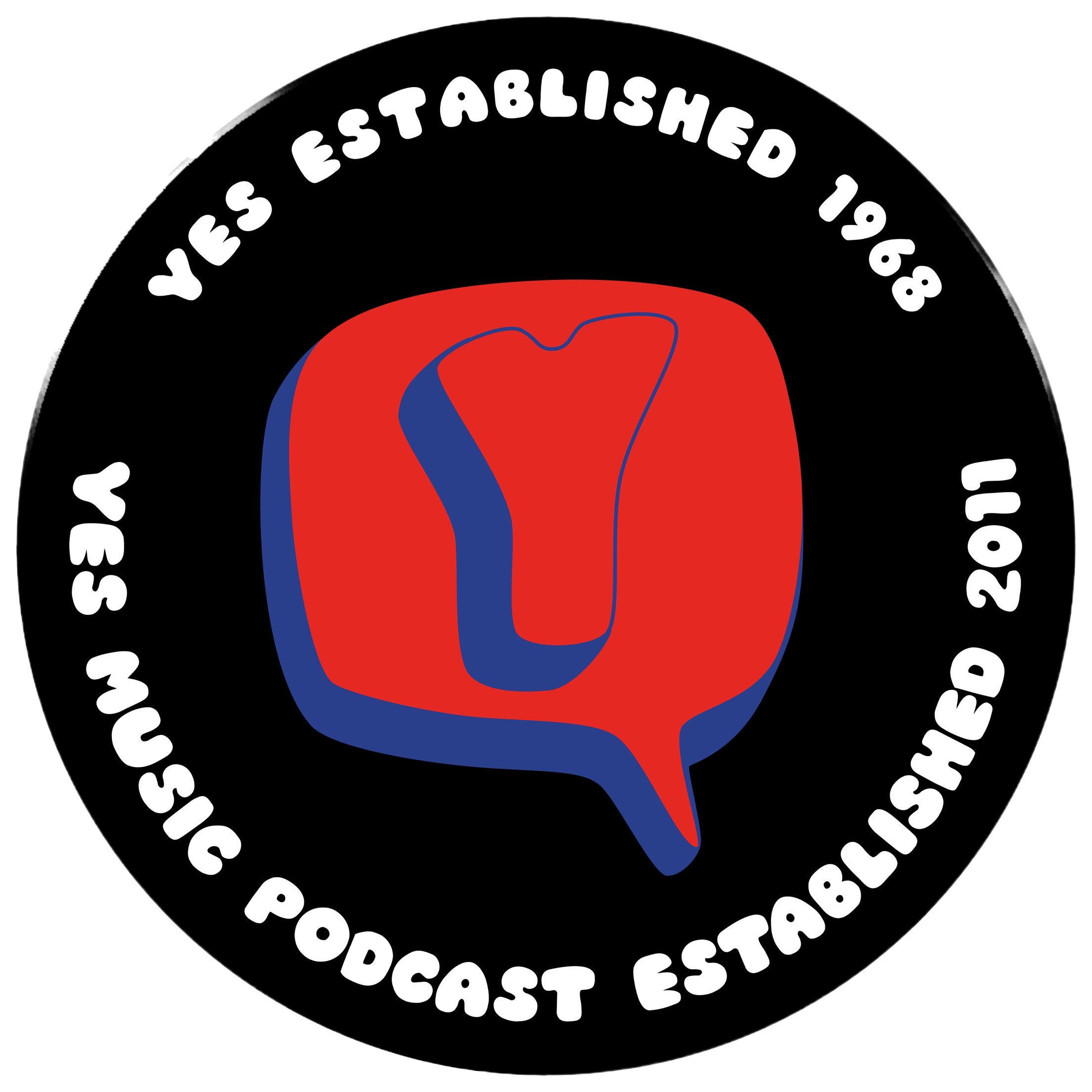
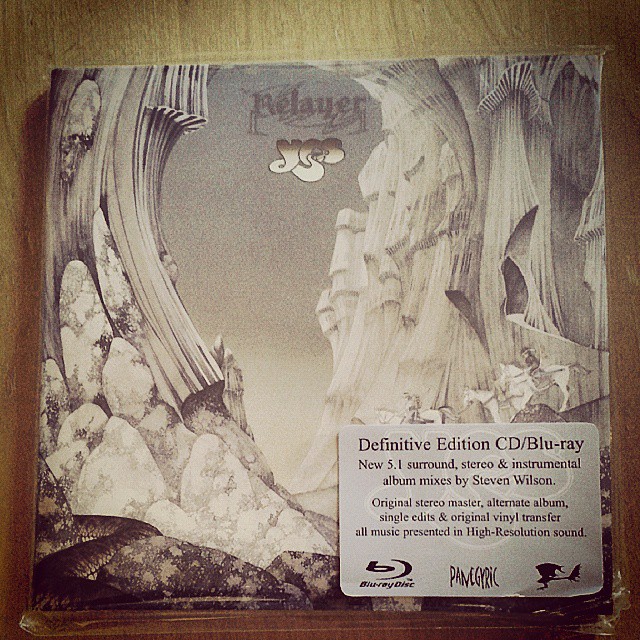
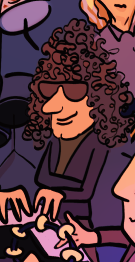
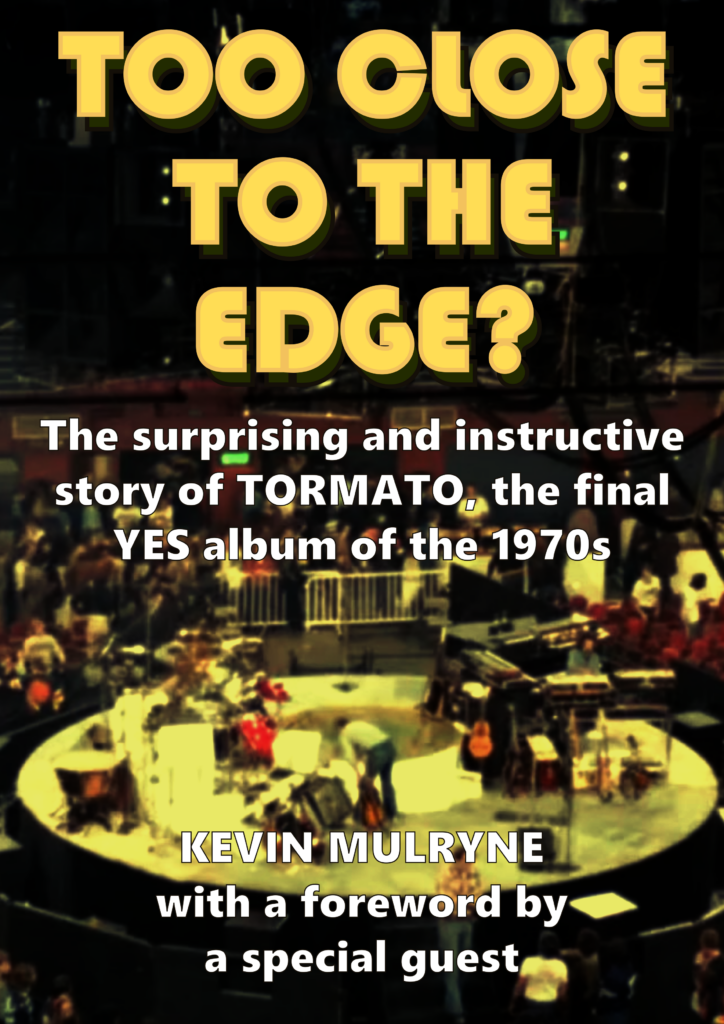
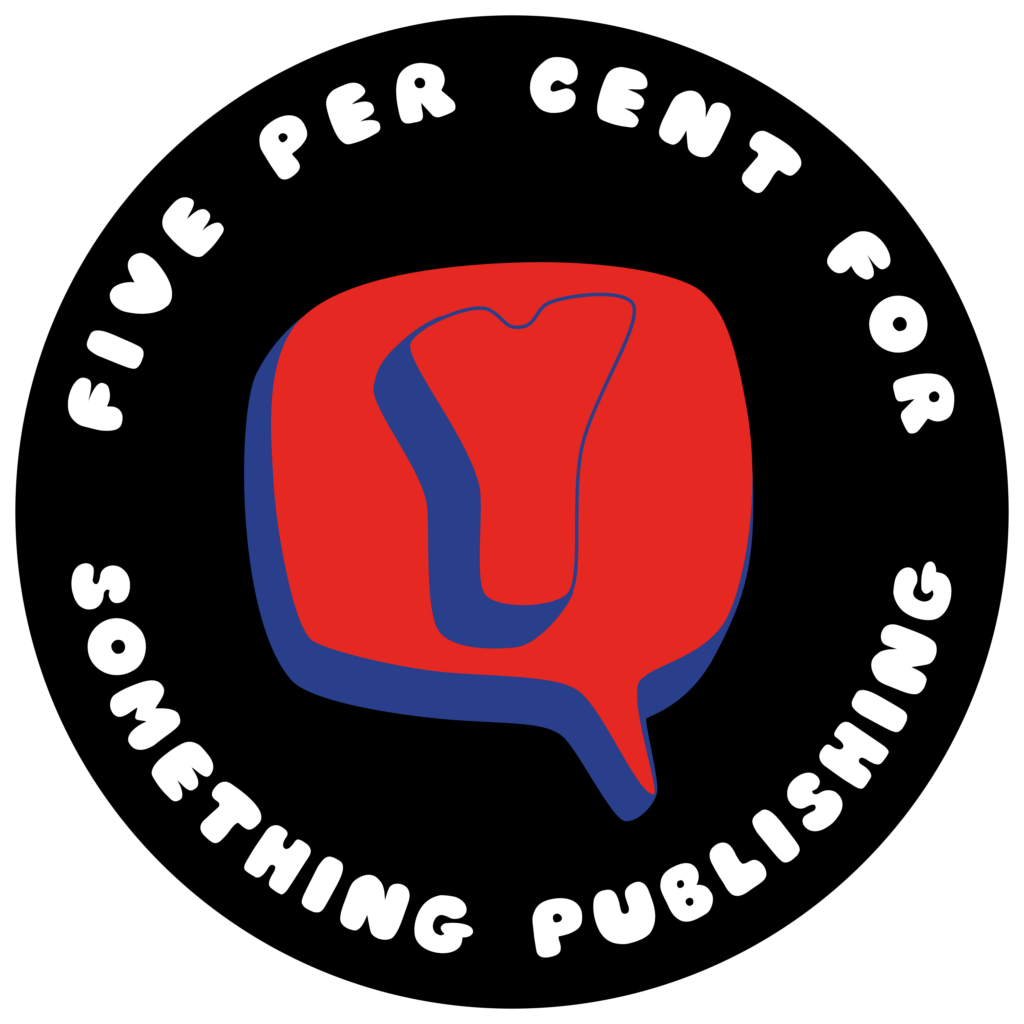
4 replies on “Why did Yes want…Patrick Moraz? Part 1 – 549”
You two are really going to love the Refugee album. It’s essential listening for fans of Moraz and of progressive rock. Their live album released in 2007 is also very good, with lots of energy.
Back in the days when Patrick Moraz was in Yes, I dug around for more music by him and acquired the Mainhorse album. Not impressed. I had never heard Refugee until this afternoon. Very entertaining. I can see why Yes would have been intrigued by his virtuosity. I heard so many keyboard riffs and sounds that we would later hear on Relayer, and even more so from his solo albums “i” and “Out in the Sun”.
It is apparent why Lee Jackson would have recruited Moraz in his attempt to recreate the magic of The Nice. I can also see why both Emerson and Moraz would move on from Jackson to work with better lead singers….
I think PM helped Yes make a real classic album and tour, giving the fans the most amazing shows, it was meant to be and it worked. As it was a perfect Yes album, it’s ok his time was up, because it was Rick’s turn again to show a perfect album could be made.
Vangelis would have been just too Vangelis but the one who could have made a successful album I think and created an interesting Yes sound would have been Eddie Jobson.
Patrick, with his Yes work, has made his mark, a brief yet brilliant stint that for him was a real highlight in his varied and long career. We have much to thank him for. CHA Cha Chaaa Cha Cha.
Even prog hasn’t been immune from the vagaries of fashion and jazz-rock / fusion was a growing thing in the pre Punk mid 70s. Mahavishnu, Return To Forever, Jeff Beck, Lifetime, Alphonse Mouzon, Billy Cobham, Jack Bruce, Weather Report, Ian Gillan Band, the mid 70s incarnation of Santana and even late stage Little Feat were either full on fusion bands or seriously taking that sound on board. Over here a band as unlikely as Deep Purple picked up Tommy Bolin partly (possibly mainly) off the back of his brilliant work on the Spectrum and Mind Transplant records which are as fusion as fusion can be.
So picking someone who could bring some of that fusion world into Yes was a natural choice. And it worked like a dream. for one album That record and the shows were (I would like to think) unarguably fantastic even for die hard Rick loyalists. Maybe a tougher, heavier, less lushly Romantic sound than the band that made Yessongs but wonderful nonetheless. And then Punk comes along.
To sell millions of records and go on selling them you can’t just sell to hard core fans. You have to pick up a lot of floating voters, casual rock buyer and inevitably some people who may only buy one or two of your albums and are not in for the long haul. To get those kind of fans you can’t be too out of step with the musical fashions of the day.
Fact is that in the UK, if nowhere else, Punk and New Wave wiped out a lot of the media and industry interest in this jazz influenced hybrid genre and suddenly bona fide rock bands (The Jam, Damned, Stranglers, Clash, Pistols, Pretenders, Elvis Costello etc etc) were scoring chart singles after a decade of serious rock bands (and especially those experimenting in longer musical forms) seeing singles and Top 40 radio as something a bit beneath them. And those hit singles pushed interest in albums which were also hits. So from industry point of view this was great news especially as a long of those bands could make records in a matter of weeks rather than months. (or years)
And so I think the change back to Rick might well have had something to do with that change in musical fashion. Not that Yes were ever going to make New Wave records (though they did take on board some of that directness and pithiness) but they would certainly have been expected to try for something playable on pop radio in a way that might not have been the case since Fragile or even before Fragile. If you as a band were headed down that road then Rick, with his session chops and his pre Yes day job of doing what was best for the song at hand and not necessarily doing whatever he fancied, was a much better choice than Moraz or Vangelis to see the band safely into the 80s. And that worked brilliantly too and they could still sell a lot of arena tickets even when the album they were touring wasn’t all that.
Anyway …. I am glad that what happened happened but I do wish Howe and Moraz had made a couple more albums together and ideally with Bill behind the kit. That would have been something.